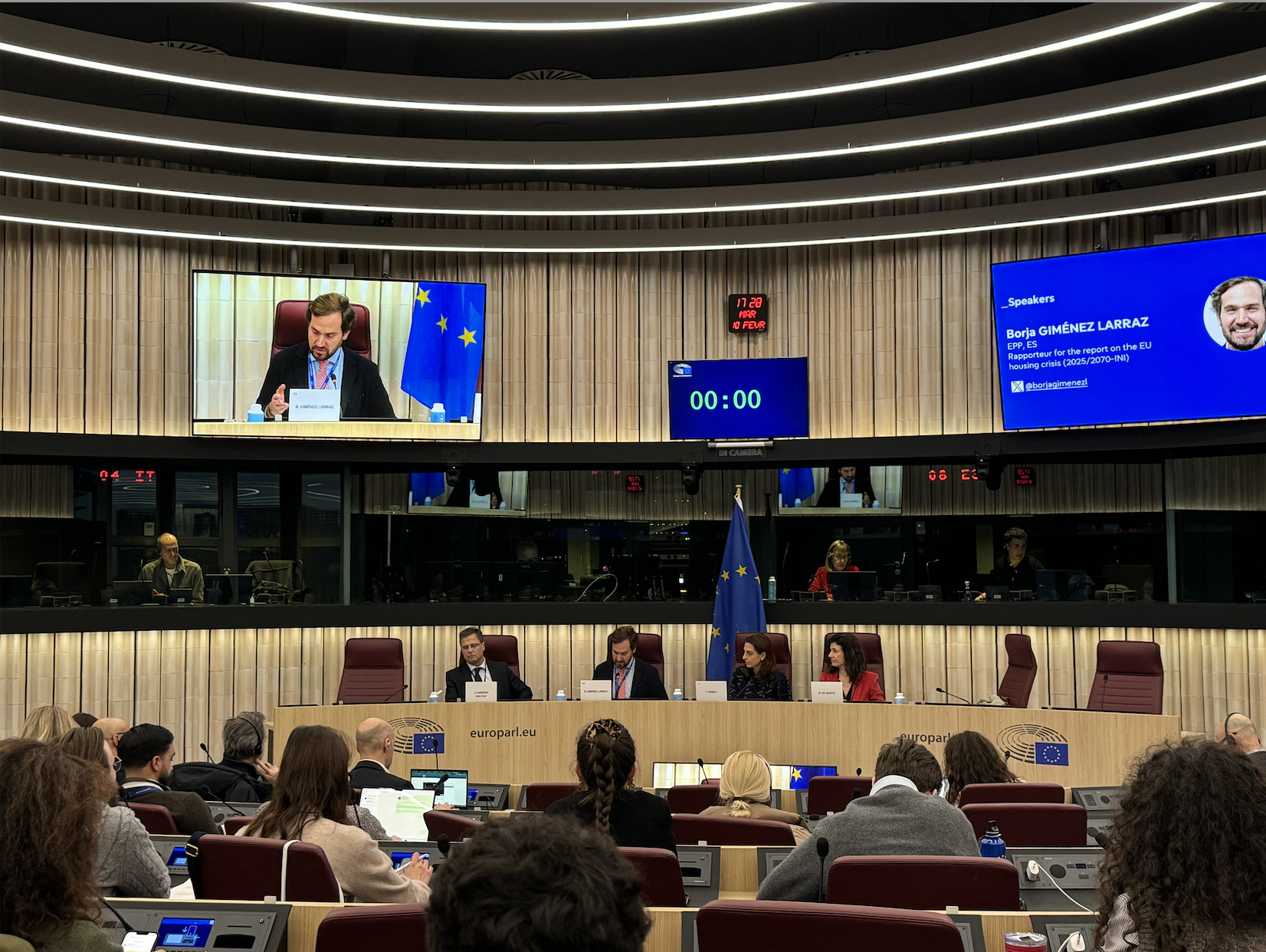Greek tourism lost its share of the Mediterranean market in 2020, according to the latest report released by the Bank of Greece (BoG).
Despite the very good showing Greece had in terms of managing the first wave of the pandemic, which offered the country the opportunity to be seen as a safe destination for potential travelers, the rise of the Covid-19 cases in the latest wave shows that throughout 2020 Greek tourism lost a market share in tourism in the Mediterranean.
The country’s ranking based on the share of arrivals in the total market did not change, while it deteriorated based on the share in revenues. Most countries lost market share, with Italy emerging as the most lucrative destination, despite the dramatic development of the pandemic in that country. A comparison of the data for the first and third quarters of 2020 shows that Italy in the third quarter has a larger share of arrivals and receipts in the Mediterranean market than in the first quarter.
This means that its better performance is due to the longer tourist season compared to Greece; to alternative forms of tourism beyond the product “sun and sea”; and its ability to meet a wider range of preferences of travellers, possibly more demanding, who may be able to cover the higher expenses.
Tourism plays a leading role, directly and indirectly, in the efforts of the Greek economy to grow, with positive prospects. As the report underlines, the vaccination of the population will provide significant support in the effort to return to normalcy, even with some changes compared to the pre-pandemic data. Tourism can maintain its position in the Greek economy, but it will have to adapt to increasingly competitive conditions and to different destination selection criteria by travellers, as shaped by the pandemic experience (health insurance and quality services).
The report points out that the utilisation of the available emergency financial support resources by the EU, in order to create infrastructures of circular economy and green growth with simultaneous protection of the environment, in accordance with the European priorities, can also contribute significantly in this direction.
source tornosnews.gr
Ask me anything
Explore related questions





